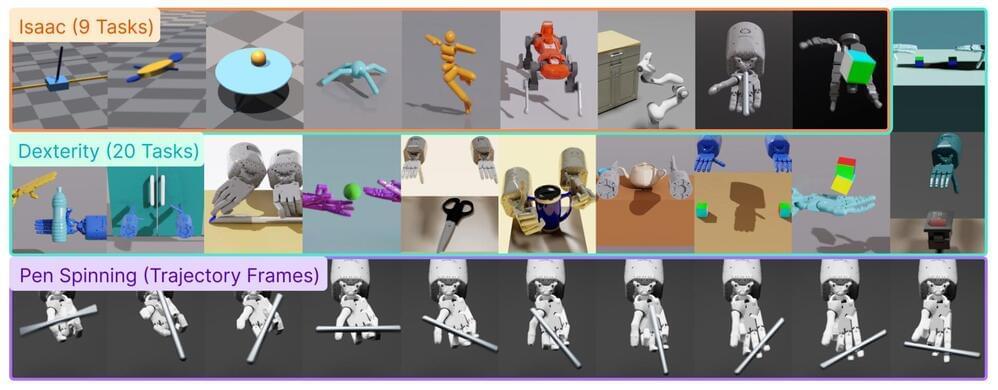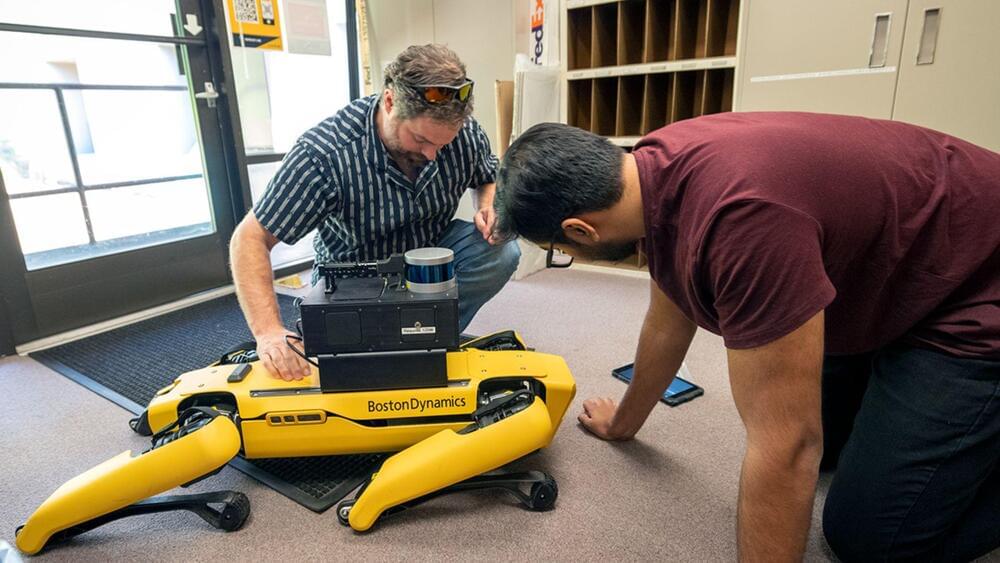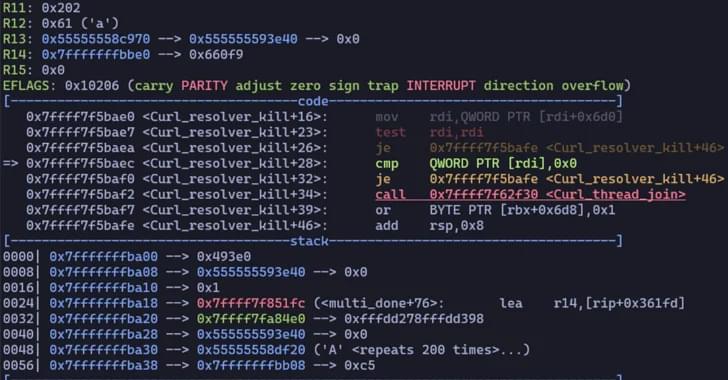BRUSSELS, Oct 29 (Reuters) — The Group of Seven industrial countries will on Monday agree a code of conduct for companies developing advanced artificial intelligence systems, a G7 document showed, as governments seek to mitigate the risks and potential misuse of the technology.
The voluntary code of conduct will set a landmark for how major countries govern AI, amid privacy concerns and security risks, the document seen by Reuters showed.
Leaders of the Group of Seven (G7) economies made up of Canada, France, Germany, Italy, Japan, Britain and the United States, as well as the European Union, kicked off the process in May at a ministerial forum dubbed the “Hiroshima AI process”.









